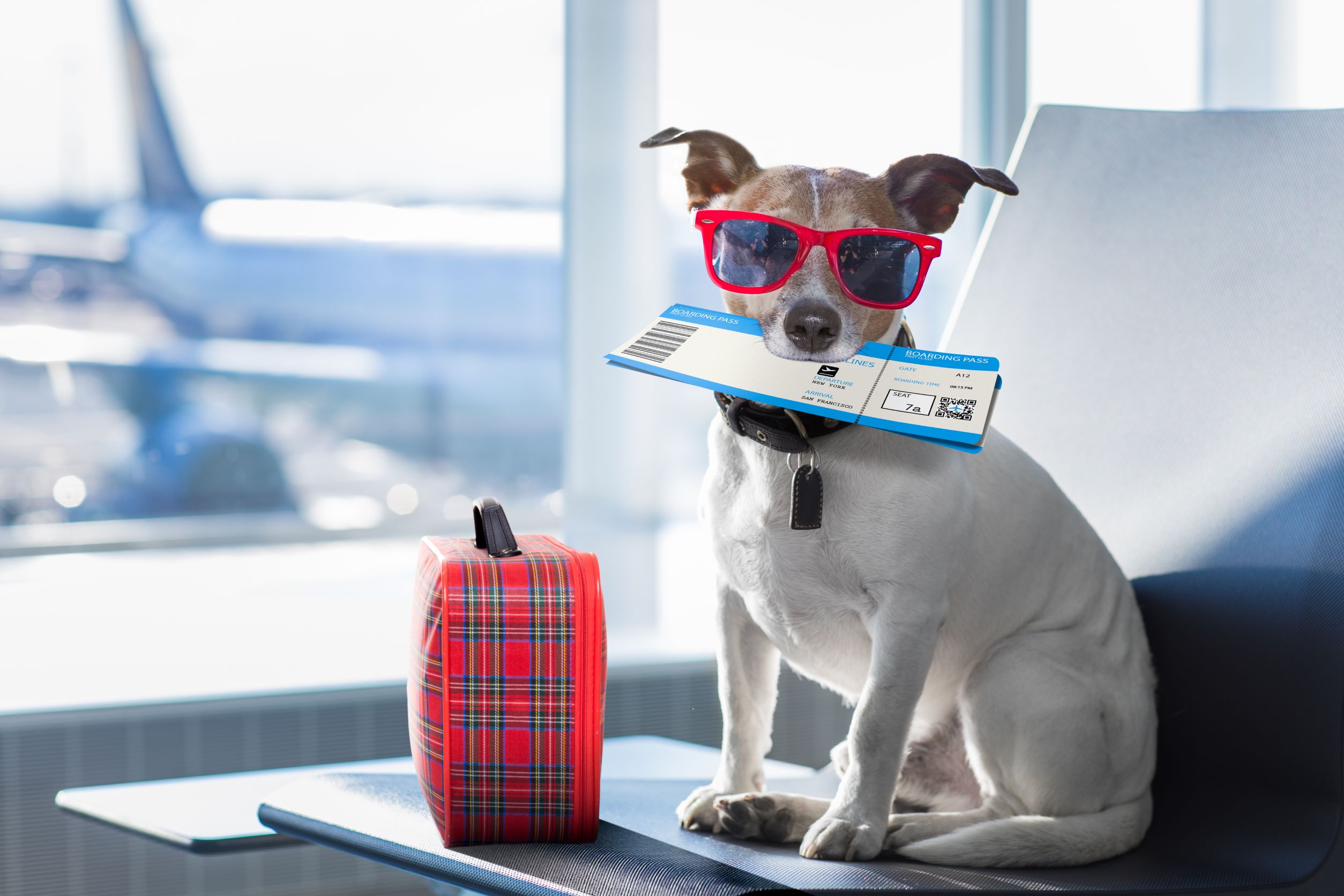Beach hazards for dogs
It’s that time of year when we are dreaming of summer holidays and longing for a walk on the beach and sand between our toes. To keep you and your pet safe in the sun and avoid beach hazards, here are a few items to consider.
Plan Ahead
Firstly, find a local vet and enter their details in your phone while you are away. If you have an emergency, time is critical so you don’t want to have to search for a vet.
Research your area
Be aware of your surroundings, a bit obvious I know, but you are in an area with wildlife like seals and sea birds. Do not let your dog approach seals or chase wildlife. Seals can give your dog a nasty bite and chasing birds may take your dog in to a potentially dangerous situation. It’s no fun for wildlife either. Every calorie counts so disturbance from dogs can prevent wildlife feeding and resting. Don’t use frisbees on the beach, if lost they can be a danger to seals. It is important to be aware that the local wildlife can be beach hazards if your dog behaves incorrectly.
Take care in and around water
Not all dogs are expert swimmers and strong tides, and currents can exhaust dogs quickly. Running on sand takes a lot more effort - a bit like running in deep snow, so keep your dog under control if you know they will chase.
Some dogs will eat sand, often by accident while playing with sandy toys or balls. This can cause a blockage, known as sand impaction, and can be very serious. Symptoms may include vomiting, constipation, lethargy dehydration and abdominal pain. Again, any of these symptoms seen after a visit to the beach, contact a vet straight away
Stay alert to your dogs activities
Some dogs love to eat dead stuff! Dead fish that have washed up on the beach may contain potently deadly toxins. In some areas deaths have occurred from Paralytic Shellfish Poisoning so keep your dog away from dead fishes, crabs, clams, mussels and starfish. Strong winds and high tides increase the numbers of washed-up sea creatures.
If your dog ingests salt water, either by drinking or licking their fur after a swim, the salt can cause vomiting. Rinse your dog with fresh water to clean their fur and if you suspect your dog may have saltwater poisoning contact your vet immediately.
Fishing waste and hooks can cause nasty injuries in the mouth, throat or stomach. If dogs can sniff a tasty morsel of bait they can swallow hooks, and also tread on them. So, check for hooks if you are in a fishing area.
Palm oil is washed up on beaches and is extremely dangerous if swallowed. Again, if you suspect your dog has eaten or even licked palm oil contact your vet as soon as possible.
Stay cool and calm
The obvious hazard on the beach is heat. If that sand feels hot to your touch it’s worse for your dog. Heatstroke/sunstroke can be life threatening so walk your dog before 9am or after 6pm to beat the heat. An umbrella on the beach is not going to keep your dog safe from heatstroke. Heed weather warnings and check tide times.
Enjoy your beach walk but know where your dog is and what they are doing at all times, to save yourself a potentially expensive vet visit and to protect your pet.





